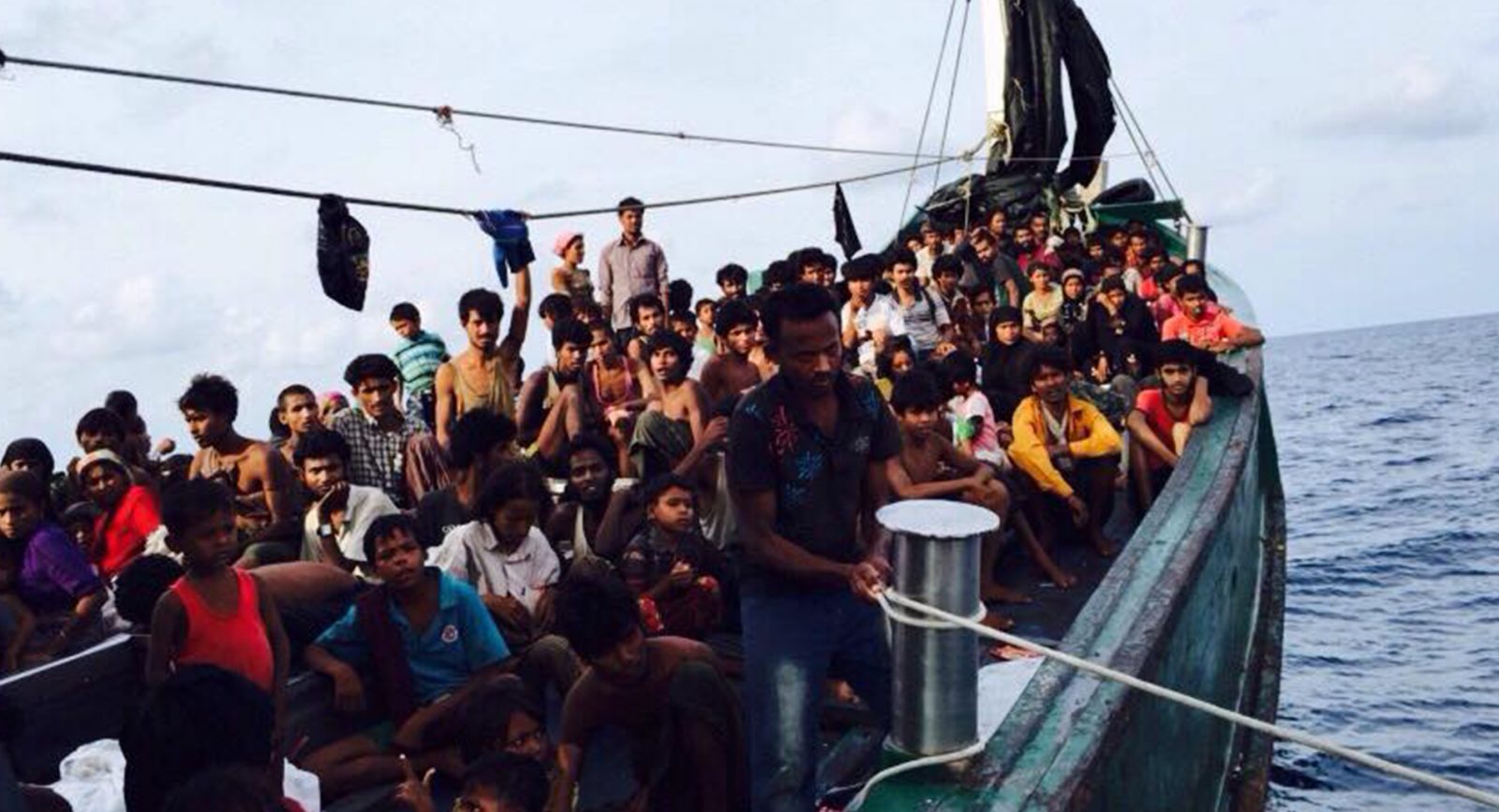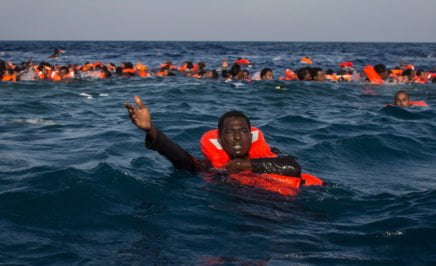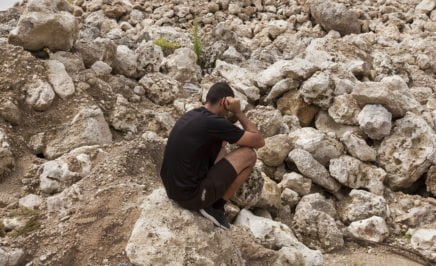Responding to reports that a boat carrying around 250 Rohingya refugees was sighted near Indonesian waters, off Aceh, Amnesty International Indonesia’s Executive Director Usman Hamid said:
“The Indonesian authorities must urgently rescue Rohingya people currently adrift off the coast of Aceh. This is a matter of life and death. Indonesia has a chance to lead by example in the region – and simply show humanity.
“We’ve received reports that border patrols have instructions to turn these refugees away. This is unconscionable. To push the boat back would violate Indonesia’s international obligations. Now that they have been alerted to boats in distress, the authorities must immediately rescue, disembark the passengers, provide them with shelter and ensure their safety.
“Indonesia has already shown regional leadership by allowing desperate Rohingya ships onto their shores twice before this year, after they were stranded at sea for months.
“There is no reason Indonesia should lead this refugee crisis alone. There must be shared responsibility among regional countries in order to organise urgent search and rescue and prevent others from facing the same dangers. ASEAN countries are failing to come in aid to people who have fled persecution in Myanmar and the hardships of refugee camps in Bangladesh. Rohingya suffering is a regional issue in need of a humane regional response in line with international law.”
Background
The leader of a fishing community in Aceh, Miftachuddin Cut Adek, today told local media that a boat carrying around 250 Rohingya refugees was sighted 80-100 miles near Lhokseumawe waters. He said local fishermen have been seeing them in the area for the last few days.
Amnesty has also received confidential information that the Indonesian Navy and Army has instructed all local units along Aceh shore to remain on alert in order to prevent their arrival. International law imposes obligations on states to protect the human rights of refugees arriving on their shores.
The principle of non-refoulement obliges states not to return anyone to a place where they would be at risk of persecution or serious human rights violations. The principle is the cornerstone of international refugee protection and is fundamental to the absolute prohibition of torture and cruel, inhuman or degrading treatment or punishment.
In September the Indonesian authorities allowed the disembarkation of 297 Rohingya refugees in Lhokseumawe, Aceh and pledged to provide shelter for them. In June, 99 Rohingya refugees disembarked in North Aceh after local people urged authorities to save them and protested until they were brought to shore.
These refugees, 383 people in total, are currently staying in Lhokseumawe Vocational Centre. At least three of them have died due to the weakened physical state after months at sea.
Following up these arrivals, the Indonesian Government in the ASEAN Ministerial Meeting last month has called the neighbouring countries to adopt a shared response to rescuing Rohingya refugees.





